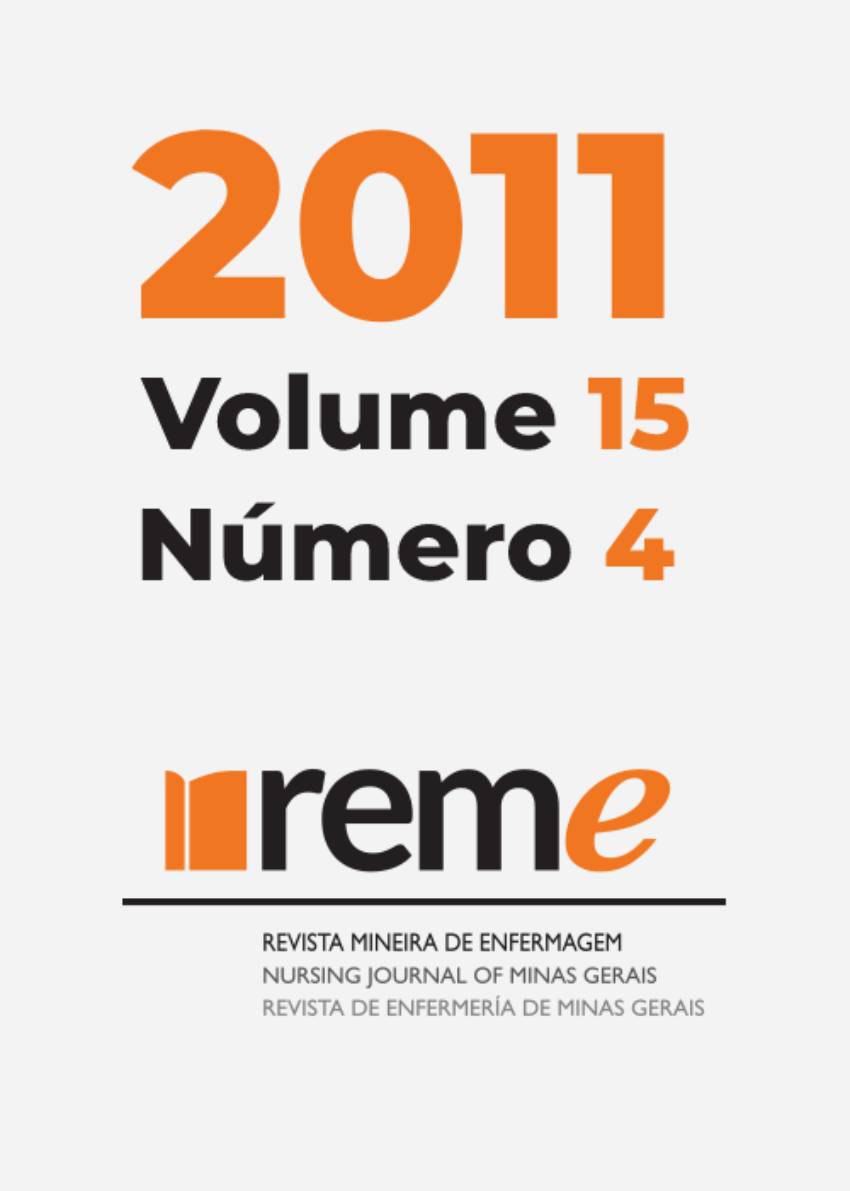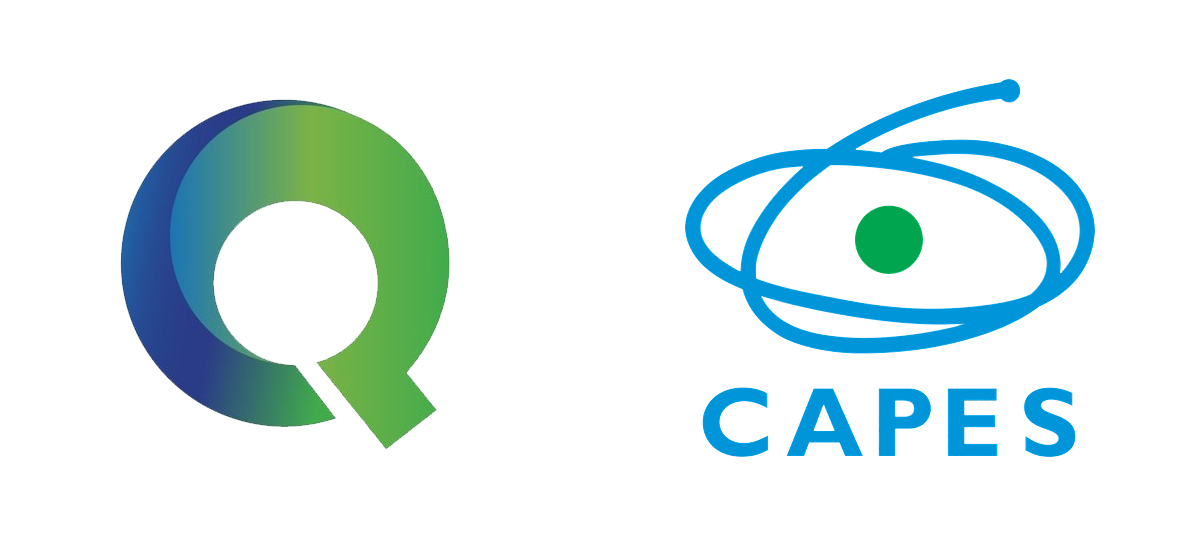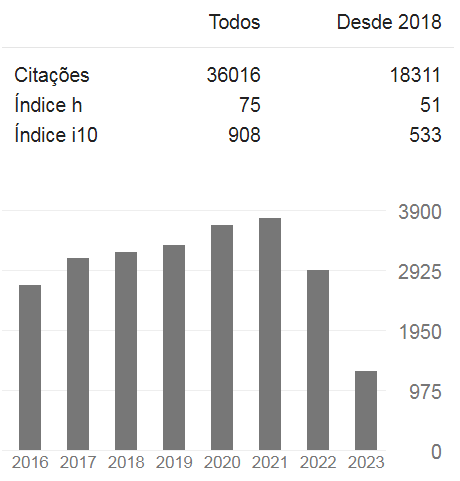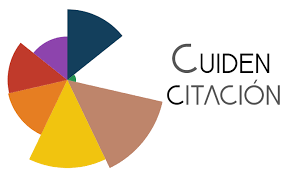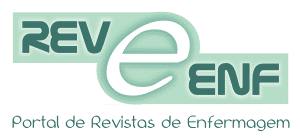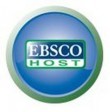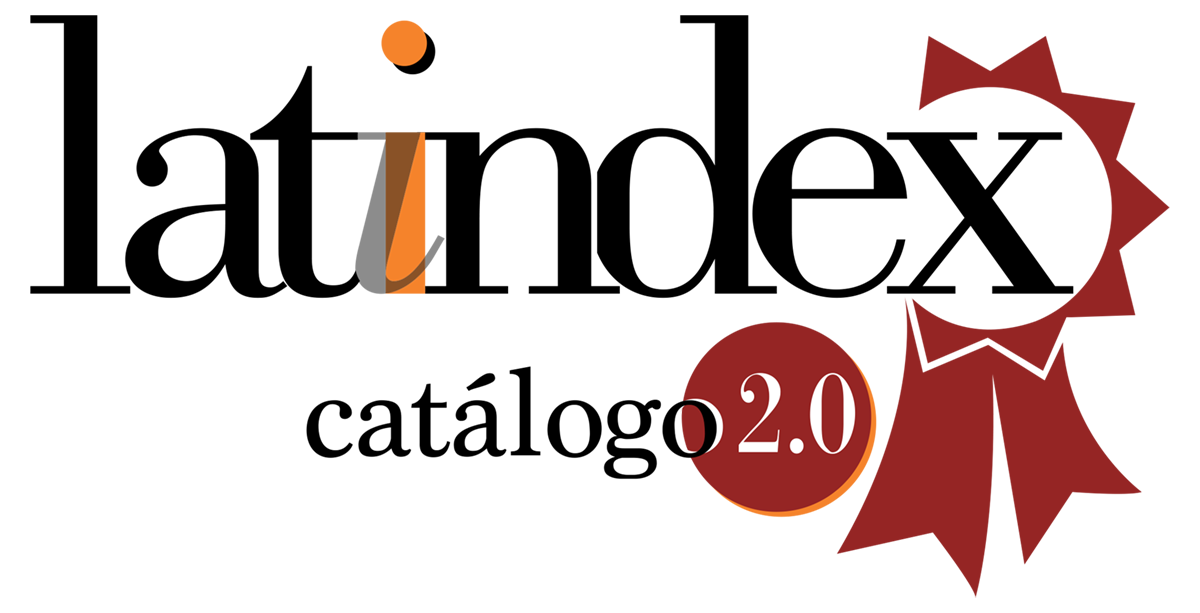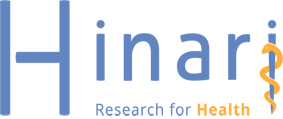Family caregivers and end-of-life: tendencies of the scientific production in the health field
DOI:
https://doi.org/10.35699/reme.v15i4.50362Keywords:
home care, oncology, terminally ill, hospice careAbstract
This study aimed to investigate the trends in publications related to the family care of a terminally ill patient. This bibliographic research was carried out in the Virtual Health Library in May 2009. The articles search methodology was the integrated form using the following descriptors: home care; oncology; terminally ill patient; family and hospice care. Cross-reference was carried out every three descriptors until all the probabilities were exhausted. Refinement was conducted at Bireme after exhaustive reading of all the available abstracts of the published studies and not after the cross-referencing. The abstracts were organized in a table containing data to be analyzed quantitatively and qualitatively. From the 193 articles found, five had be en published twice so 188 remained. Only one was published in Brazil. The nine articles selected for analysis addressed the meanings and representations expressed by family caregivers of terminally ill patients where the caring to ok place. Considering the content of such articles three categories were organized: the health care team as support during terminality; decision regarding the place of death and dying and dying at home. Such bibliographic studies are very important given the small number of Brazilian publications on the subject whose consolidation is vital for the public health policies trying to me et the demands of the terminality process that affect the individual and his/her family.Downloads
Published
2011-12-01
Issue
Section
Revisao Teorica
How to Cite
1.
Family caregivers and end-of-life: tendencies of the scientific production in the health field. REME Rev Min Enferm. [Internet]. 2011 Dec. 1 [cited 2025 Oct. 6];15(4). Available from: https://periodicos-hml.cecom.ufmg.br/index.php/reme/article/view/50362

